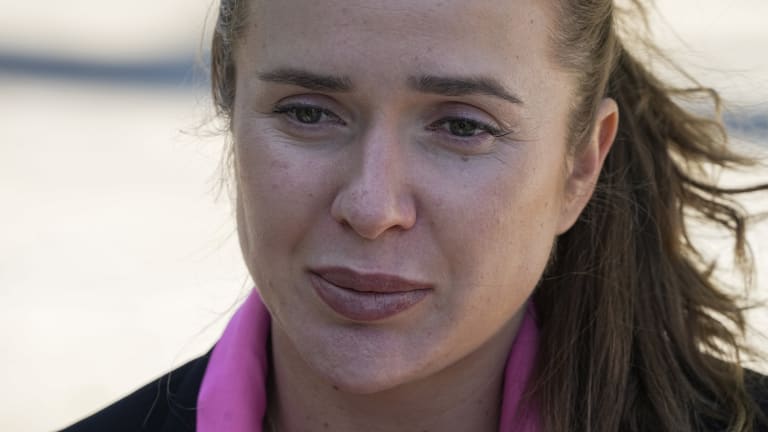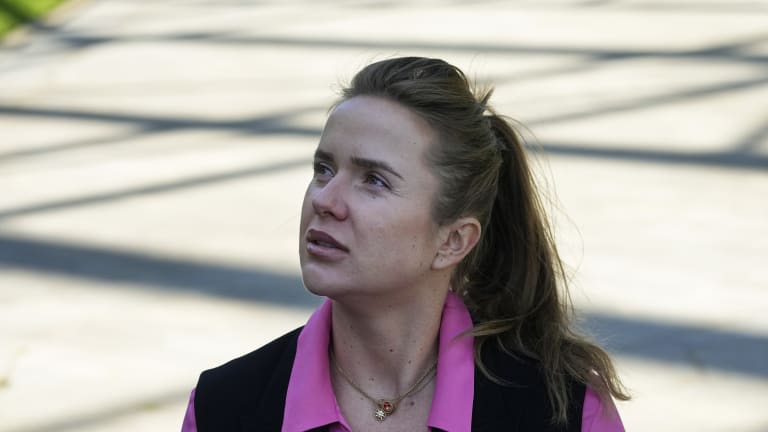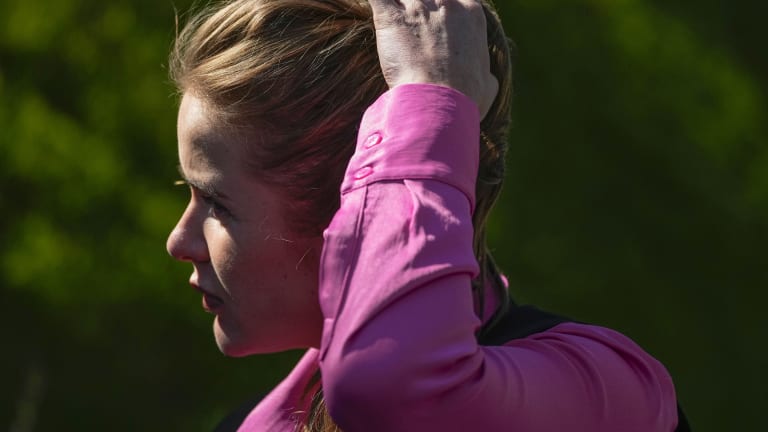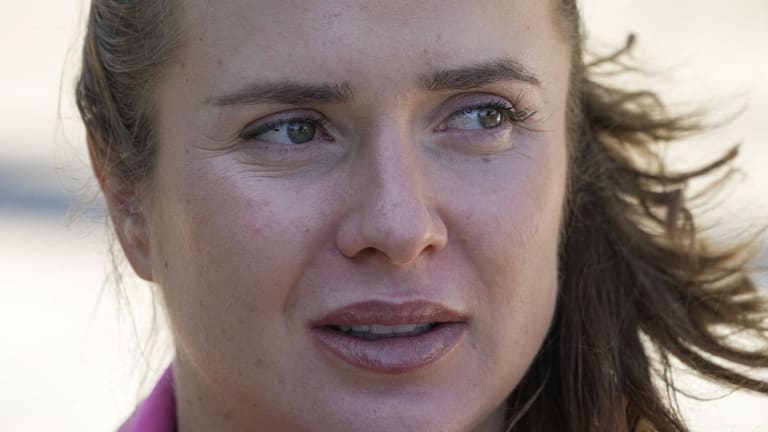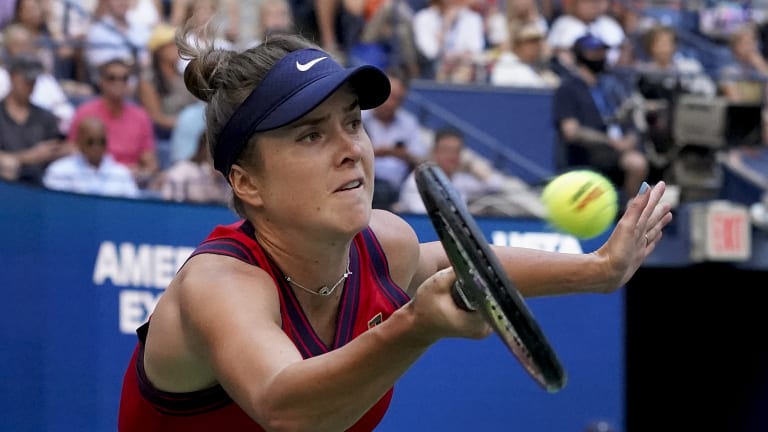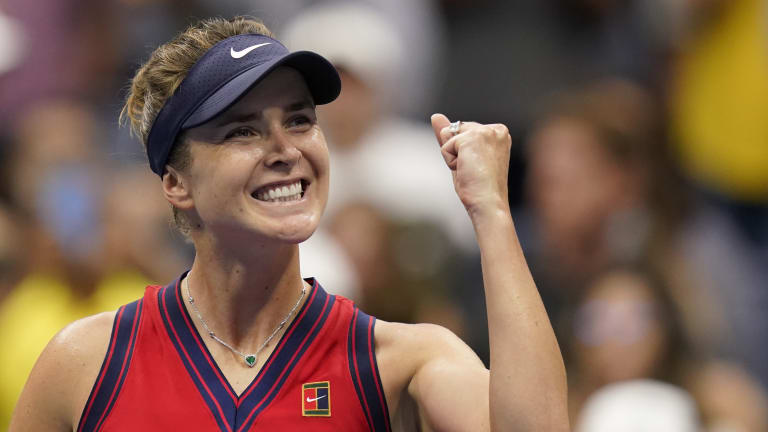PARIS (AP) — Elina Svitolina can vividly recall her struggles as an anxious young player on the international tennis circuit, and is now campaigning for better mental health protection for juniors starting out in their careers.
The former No. 3-ranked Svitolina remembers how tough the weight of expectation was, the loneliness and long travel. Not to mention replaying crushing defeats in her mind when stuck in a remote hotel room.
"I had tough moments in my career (at) a young age. You travel alone, just with your coach. When you are traveling so many weeks every year, it can be a big challenge," Svitolina, a 27-year-old Ukrainian player, told The Associated Press in an interview Wednesday. "You're losing pretty much every single week, so this is mentally really tough to handle."
So she welcomes the idea of psychologists being readily available for juniors on the tennis circuit.
"I think it's the right way," she told the AP in Paris. "Because traveling from January until November, this can be really tough. The expectations of the media, the parents, the coach. You are working a lot and not as successful as you wish."
